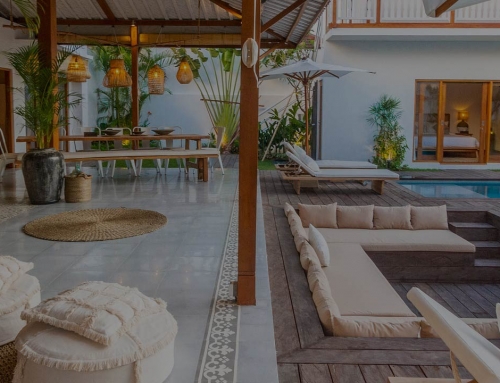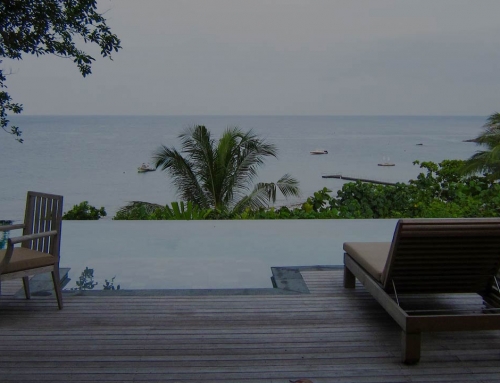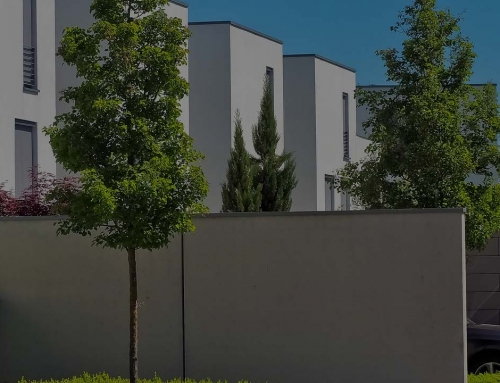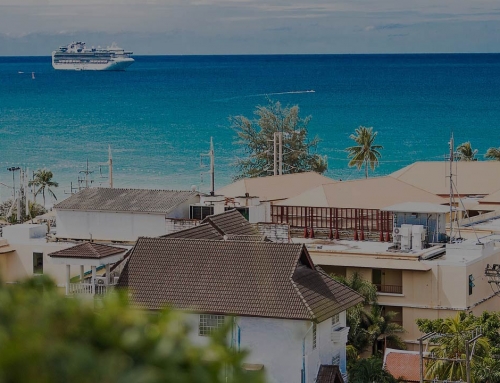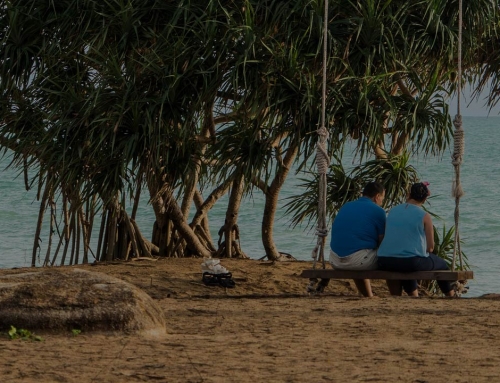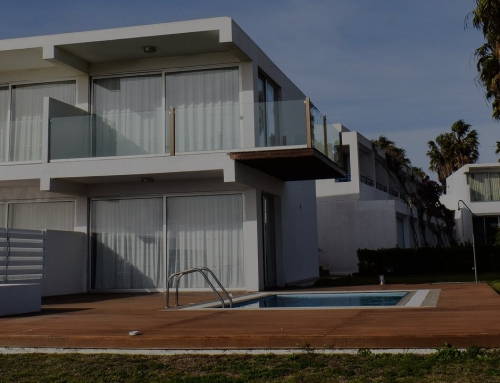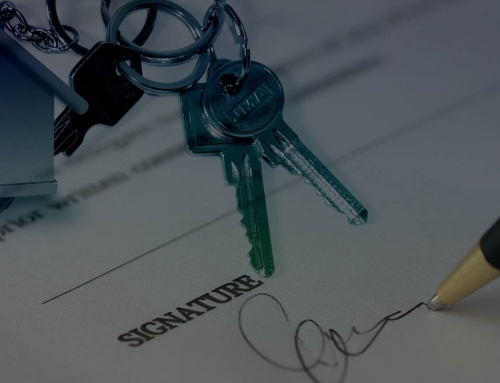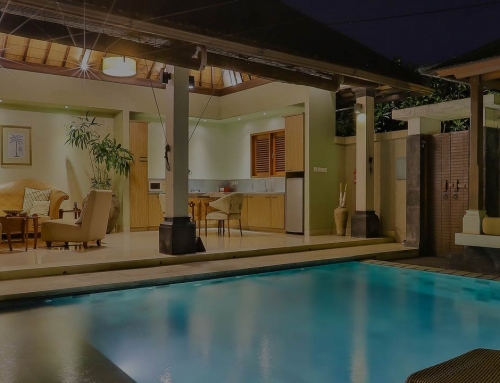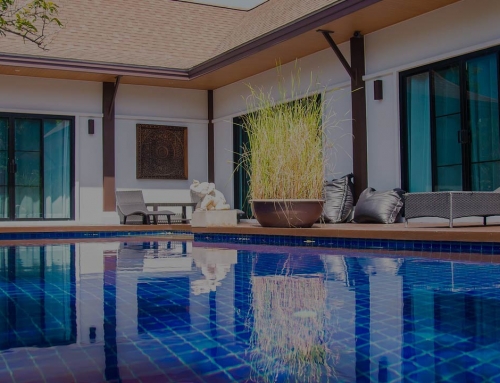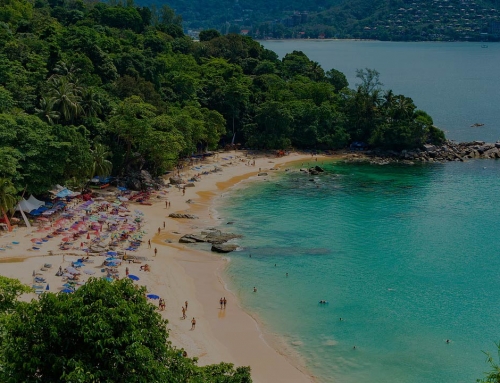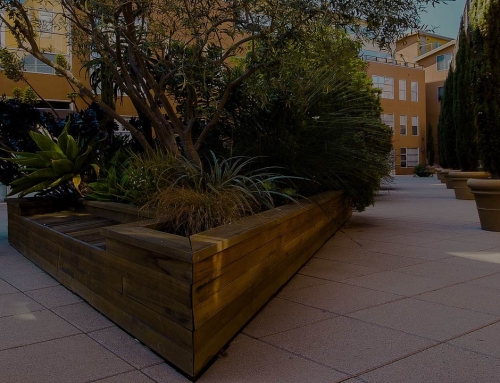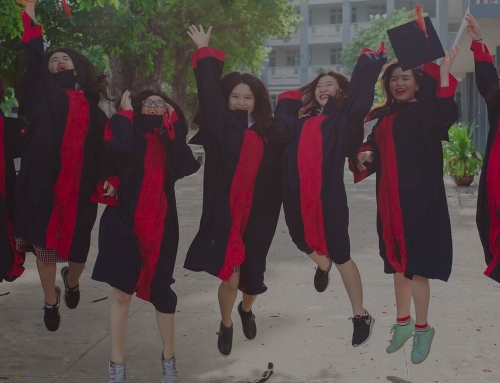What Is a “Condominium Juristic Person”?
One of the most common kinds of property ownership for foreigners in Thailand is purchasing a condominium. This is most likely due to the fact that foreigners are permitted to purchase a freehold condominium in their own name. When you buy your first condo in Phuket, you will hear the term Condominium Juristic Person and perhaps wonder what that is. This article will go into more detail to explain the term and what job entails.
Condominium resorts also offer a variety of additional common amenities and facilities, such as swimming pools and gyms, which add to their attraction. Condominium owners have a partial ownership share in all of the condo’s common areas and facilities, including the gardens and social areas.
So who is accountable for looking after all of these communal places if everyone owns them? The Condominium Juristic Person, or CJP for short, is the entity in charge of the day-to-day management and care of all common facilities and amenities.
The purpose of the CJP is explained in this article, as well as its value to condo owners.
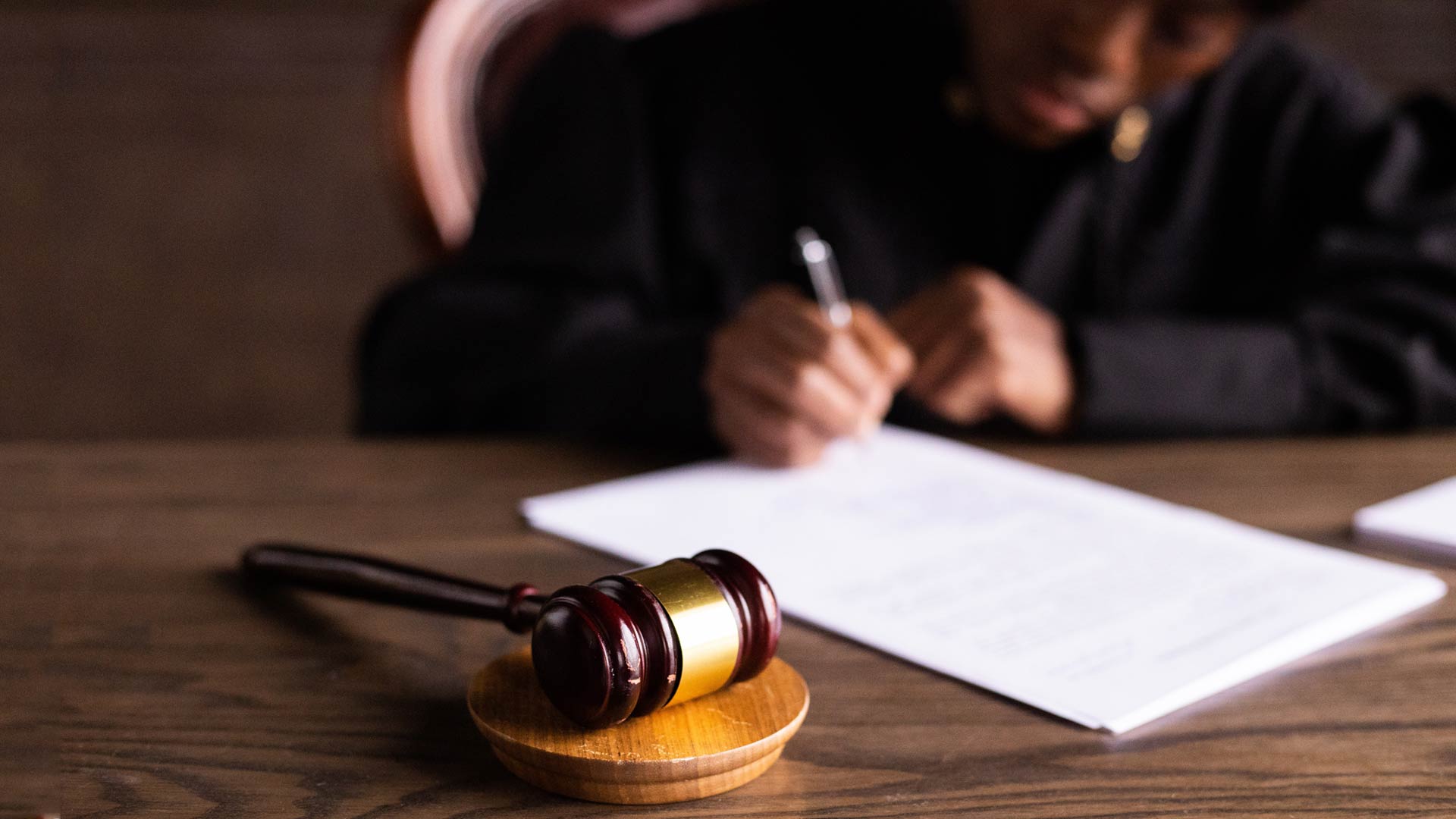
A “Juristic Person” may give you the image of an older man wearing a powdered wig and black robes, but not in the case of a CJP. It’s probably a good idea then to start from the beginning and clarify exactly what is meant by Juristic Person.
Its most basic definition is a person or a group of individuals (such as a firm) who are recognized by law as having special legal rights and/or obligations. In Thailand, the Condominium Juristic Person refers to a group of people who are responsible for administering a condominium resort on behalf of all of the resort’s owners.
The management firm and the owner’s committee are frequently included in this. There are also sometimes called referred to as the Corporate Committee, or Management Committee). In a condominium, the Juristic Person may also include the owners, because all owners have voting rights and some are even chosen to sit on the committee.
In essence, the juristic person is anyone who chooses to be part of the decision-making process. Many owners refrain from getting involved in running the condominium they jointly own, and most never bother to attend any meetings.
Condominium Management – Who Does What?
The CJP may serve as the condominium’s manager, or it may choose someone to function in that capacity. If the CJP designates a corporation (also known as a Juristic Person), that corporation must appoint a person to serve as the Juristic Manager (CJM).
The CJM is engaged or appointed to do all management functions, whether administrative or maintenance in nature. In addition, the CJM is the signatory on any applicable condominium papers.
If the condo does not have a separate Business Manager, this may even entail signing cheques or bank transactions (typically limited in amount by the committee). To carry out these obligations, an appointed Manager must meet certain requirements and credentials.
What Are The Rights and Duties Of The Mana?
In the case of a condominium, such “rights” would be to execute the “duties” on behalf of all the owners. The general running of the resort, maintaining cleanliness, collecting common area fees from owners, employing and paying workers, paying all utility bills, garbage disposal, and ensuring that the facilities and gardens, swimming pools, and so on, are all kept in pristine condition are all part of the job.
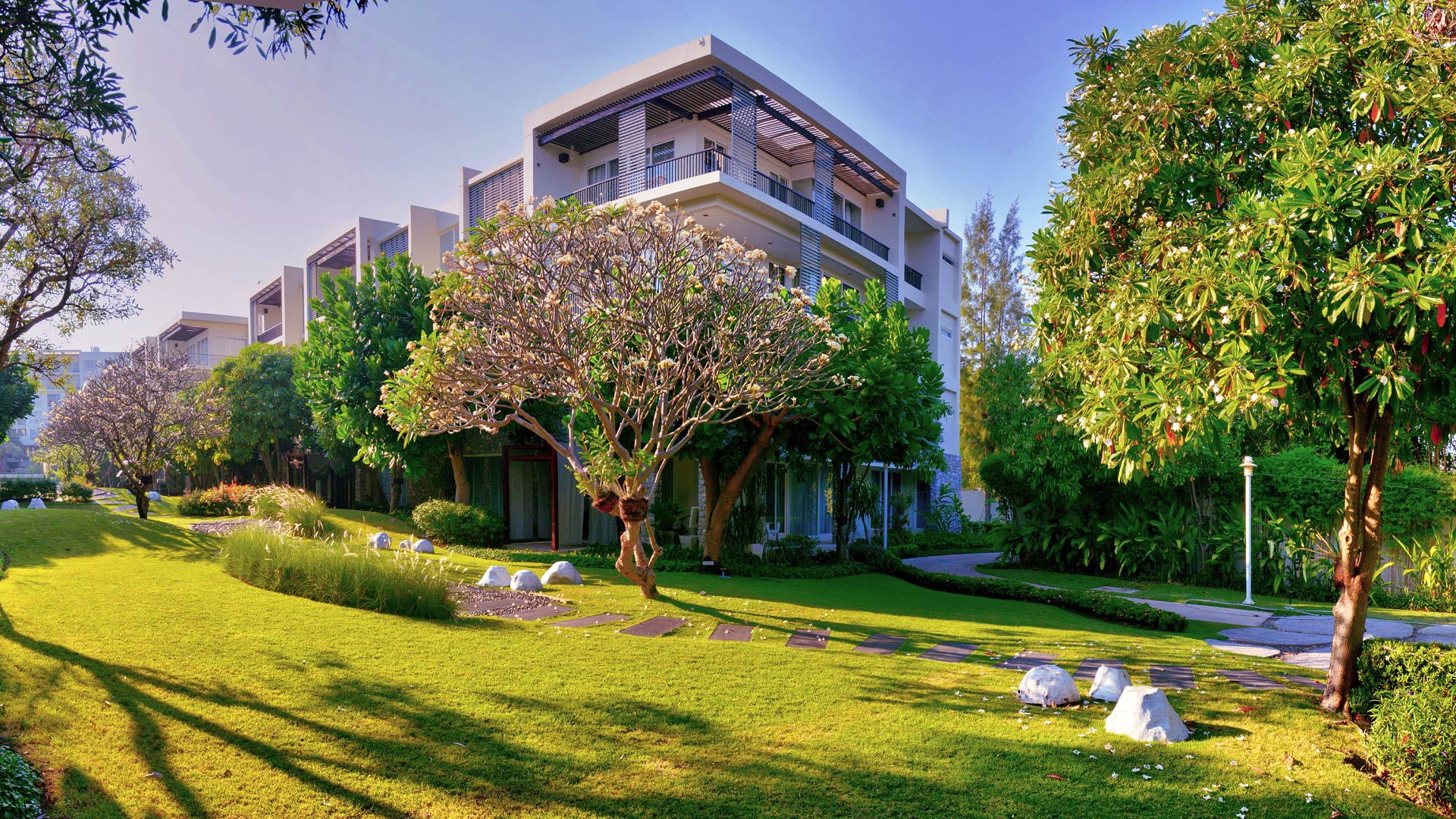
Common Area And Maintenance Fee’s
The upkeep of the condominium resort is paid by a charge collected from each owner, which is normally either monthly or quarterly. This may be referred to as a Maintenance Fee, Common Area Fee, or a Common Area Maintenance Fee, depending on the condo (CAM Fee, for short).
The fee is a flat rate per square metre based on the size of your individual unit. The CAM fee amount can be adjusted if a majority of owners vote in favour, which is usually done during an Annual General Meeting (AGM).
The CJP would also be in charge of overseeing and administering the sinking fund, should it ever be necessary for significant resort improvements or in the event of an emergency. Again, while there is no regulation in the Condominium Act addressing this, a majority vote is normally required to spend the sinking fund and/or replenish the monies in the future.
The Condominium Juristic Person and the Condominium Act
The provisions governing the CJP were outlined in the Condominium Act of 1979, but have been subject to revisions throughout the years.
The Condominium Act is essentially the plan that developers, the CJP, and managers must follow in the formation and operation of a condominium resort.
After the development is completed, there is a transitional period during which full control, management, and operation of the resort are transferred from the developer to the CJP, manager, committee, and all condo owners.
This is when the condo complex is registered with the government and the Condominium Juristic Person’s registration is published in the Government Gazette.
All of this occurs about the same time as the freehold units are registered with the Land Office in the names of each owner.
As previously said, there is usually a committee that decides how the condominium should be managed and where money should be spent. Individual owners, the management, and the CJP might all be members of the committee.

Are Committees Common In Phuket Condominiums?
Not all condominiums have a committee, since some resorts simply do not have any owners who have the time, interest, or drive to participate. Other resort owners may be pleased with the job being done and willing to put their faith in the CJP and management to keep up the excellent work.
Owners in every condominium building, however, have the legal right to self-governance through a committee. Owners can vote to elect other residents or owners to the committee at this time.
These chosen members of the committee then have a voice in how the resort is administered, including where money is spent and where improvements might be made. They may also be involved in the establishment of regulations and, in some situations, the enforcement of these norms.
A committee typically comprises of three or more proprietors, although it can include up to nine elected members. A committee member’s tenure is two years, and they can be re-elected to just two consecutive two-year terms before having to stand down.
We have known members to keep the post since no other owners could be found to run. Additional committee terms are permitted in this case.
Committee members should attend all committee meetings, including AGMs, and the majority of their work is monitored. They ensure that the Condominium Rules and Regulations are followed, and they suggest and consider any amendments.
In doing so, they also guarantee that the resort is well-managed. They may be engaged in the process of dismissing a CJP or CJM and appointing a new one if it is judged necessary.
Members of the committee also meet to approve the condominium’s yearly audit, ensuring that the resort’s finances are in order.
The Condominium Act specifies who is qualified to serve on the committee. In general, any owner is qualified, whether a local or a foreigner, as long as they have a good reputation and are regarded as a fit and appropriate individual.
Can Foreigners Vote On The Committee?
Owners may be requested to vote on specific problems or asked to vote on the election of committee members in some situations.
Because many new condominiums are acquired for investment rather than for personal use, the majority of owners will abstain from voting. Some absentee property owners may vote by proxy, but many may choose not to vote at all.
Chinese purchasers, for example, are unlikely to bother with translations unless the resort believes that the Chinese ownership merits translating the AGM Notice into Mandarin and delivering the contents to Chinese owners.
Does Every Phuket Condo Have Rules & Regulations?
Every condo in Thailand has its own set of Rules and Regulations, that might be rather extensive and cover a wide range of themes.
There is no actual limit to what these regulations may include as long as they do not clash with Thai condominium legislation.
One typical example is pet ownership, which is not permitted in all condominiums. Rules may also cover issues such as hanging laundry on balconies, providing parking places, and dealing with rowdy residents.
Of course, they include more substantive problems as well, such as the commercial use of units for rentals or the processes for amending the common area charge and sinking fund.
At the Annual General Meeting, the rules and regulations are usually ratified/changed or authorized by a committee vote (AGM).
A special meeting or Extraordinary General Meeting (EGM) may be called if a matter is urgent and cannot wait months to be addressed. An EGM may also be held if the subject falls outside of the scope of the AGM.
For example, a group of property owners may choose to offer a vote on accepting short-term rentals and maybe applying for a hotel license (to assist owners in maximising their rental income).
Condo Ownership Percentage Per Project
One of the CJP’s responsibilities is to ensure that the foreigner-to-Thai citizen ratio remains within the restrictions stipulated by the Condominium Act.
The legislation says that foreigners may only possess 49% of the available unit space in any condominium, and the CJP must guarantee that this ratio is followed via condominium unit acquisitions and sales.
Any violation of this ratio would constitute a breach of duty on the side of the CJP, but it would also possibly invalidate the last sale to a foreigner, resulting in a violation of the 49% restriction.
As a result of such an omission, both the CJP and the foreign owner in issue may face legal ramifications.

Do You Need Qualifications To Become A Condominium Juristic Person
The Condominium Act does provide certain rules for determining who is a “fit and proper person” to act as a Juristic Manager. Because it isn’t really interesting to read, we’ll summarize the important qualifications necessary.
A Juristic individual must be 25 years old and have never been bankrupt, fired from government employment, imprisoned, or removed from a job as a manager owing to failure to perform his or her obligations. They must also have no outstanding obligations or property taxes.
In short, they must be trustworthy and not someone who would be tempted to take advantage of the funds to which they will have access as a CJP.
How Does The Condominium Effect The CJP Duties?
The Condominium Act specifies the tasks and responsibilities of the Condominium Juristic Person in great detail.
Its principal goals are to manage and preserve the common space as effectively as possible. The CJP must also take all necessary steps to ensure that this occurs, within the bounds of the law.
The Act also emphasizes the need of maintaining peace and order, the management of finances, recovery of late payments and taxes from owners whenever and wherever required, and even enables the CJP to sue owners for failure to pay such bills.
We attempted to keep this post as simple as possible for ease of reading, thus we eliminated as many technical elements as possible.
The Office of the Council of State has supplied a translation of the Condominium Act, which includes all elements of the Condominium Juristic Persons, for those readers who appreciate specifics and more technical reading.


